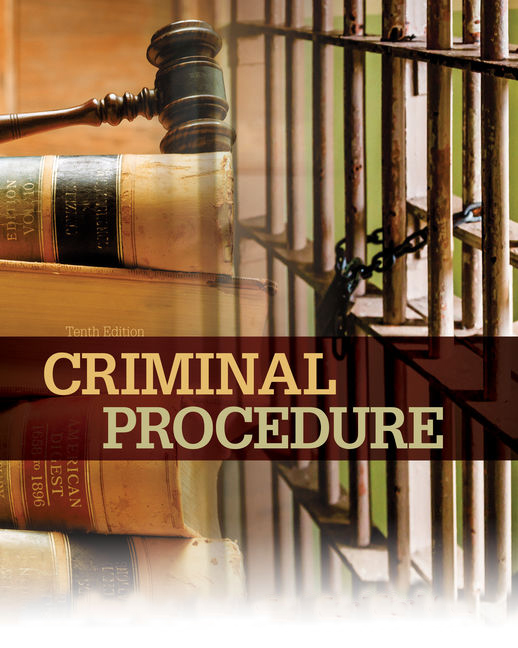Fishermen cannot protest to show their strength to the court. They do not have the legal backing for the encroachment at Marina Loop Road: Madras High Court
The Madras High Court after passing interim orders on 12th of April, 2023 in the Marina Loop Road Encroachment case, warned the fishermen on 18th April, 2023 to not create ruckus and traffic jams for people on the road. This was seen in the case of Suo Moto v. State of Tamil Nadu and Ors. (WP 11064 of 2023) and the case was presided over by Justice S S Sundar and Justice P B Balaji
FACTS OF THE CASE:
On the 12th of April, 2023, the Madras High Court had passed interim orders to remove all the fish stalls on the road which were causing traffic jams and chaos to the general public. The court had also asked the Chennai Corporation to check if all these fish stalls had the required licenses. The orders were followed by large protests by the fishermen. Thus, this suo moto cognizance.
ORDER:
The court after seeing the large protests by the fishermen, took up this case on suo moto cognizance. The protests further caused inconvenience to the general public. The court thus warned the fishermen to not the up the law in their hands and that they are bound by the orders of the court.
The court also established the fishermen cannot claim traditional rights without having legal backing and rights for the same. It went on to express that the hygiene standards were also low. Some people with vested interests are trying to manipulate the fishermen into making them think that they do have the rights to protest and disrupt public order. In the end, they voiced that the court would also take in the opinions of the fishermen before passing a judgement.
“PRIME LEGAL is a full-service law firm that has won a National Award and has more than 20 years of experience in an array of sectors and practice areas. Prime legal falls into a category of best law firm, best lawyer, best family lawyer, best divorce lawyer, best divorce law firm, best criminal lawyer, best criminal law firm, best consumer lawyer, best civil lawyer.”
JUDGEMENT REVIEWED BY SWETA SHOUMYA



